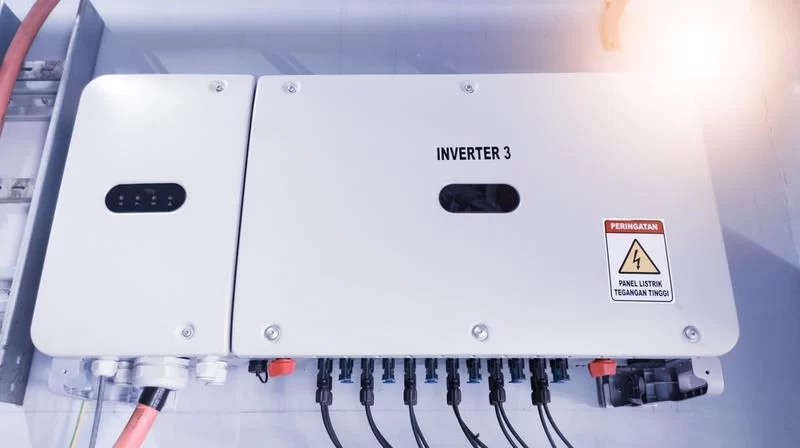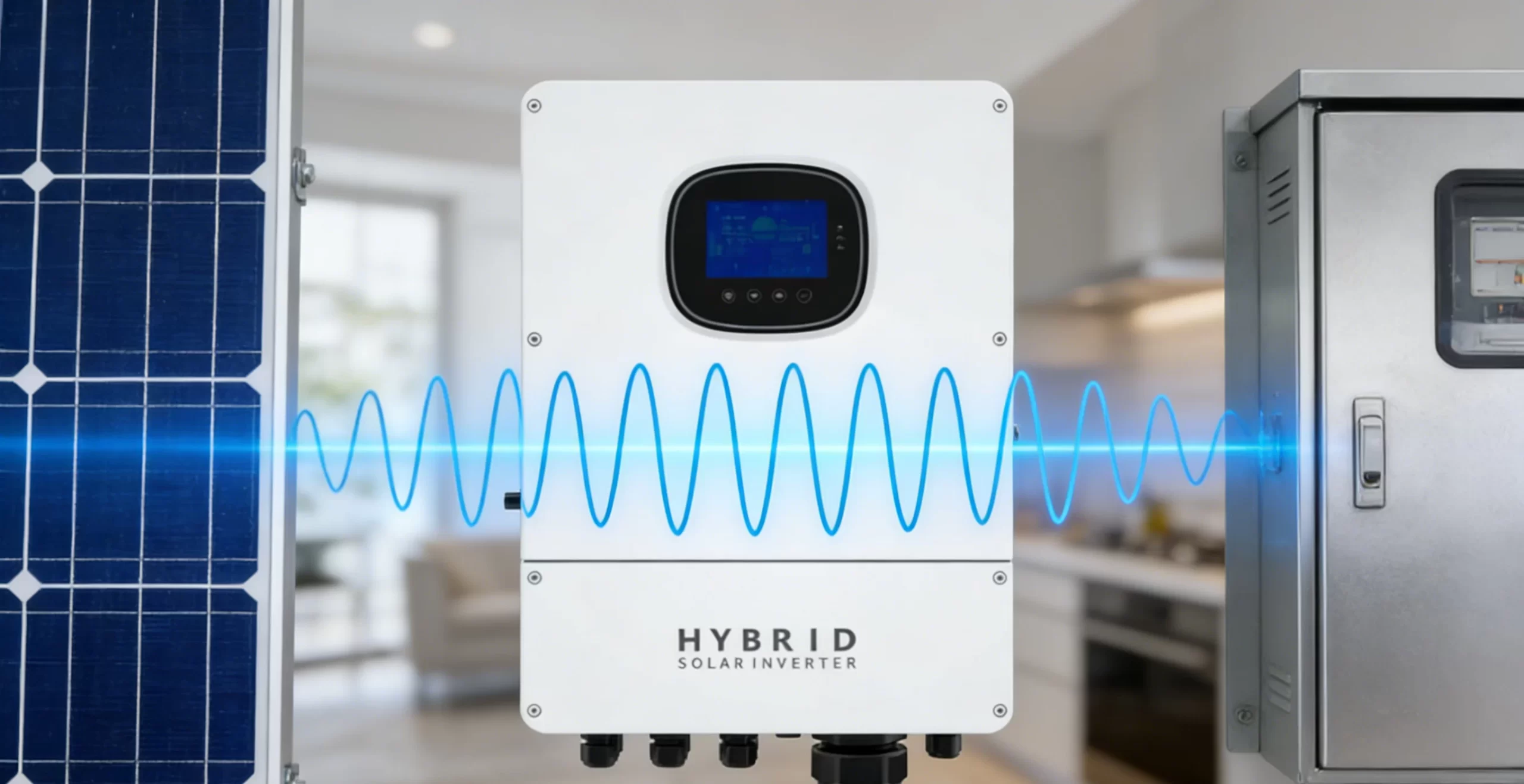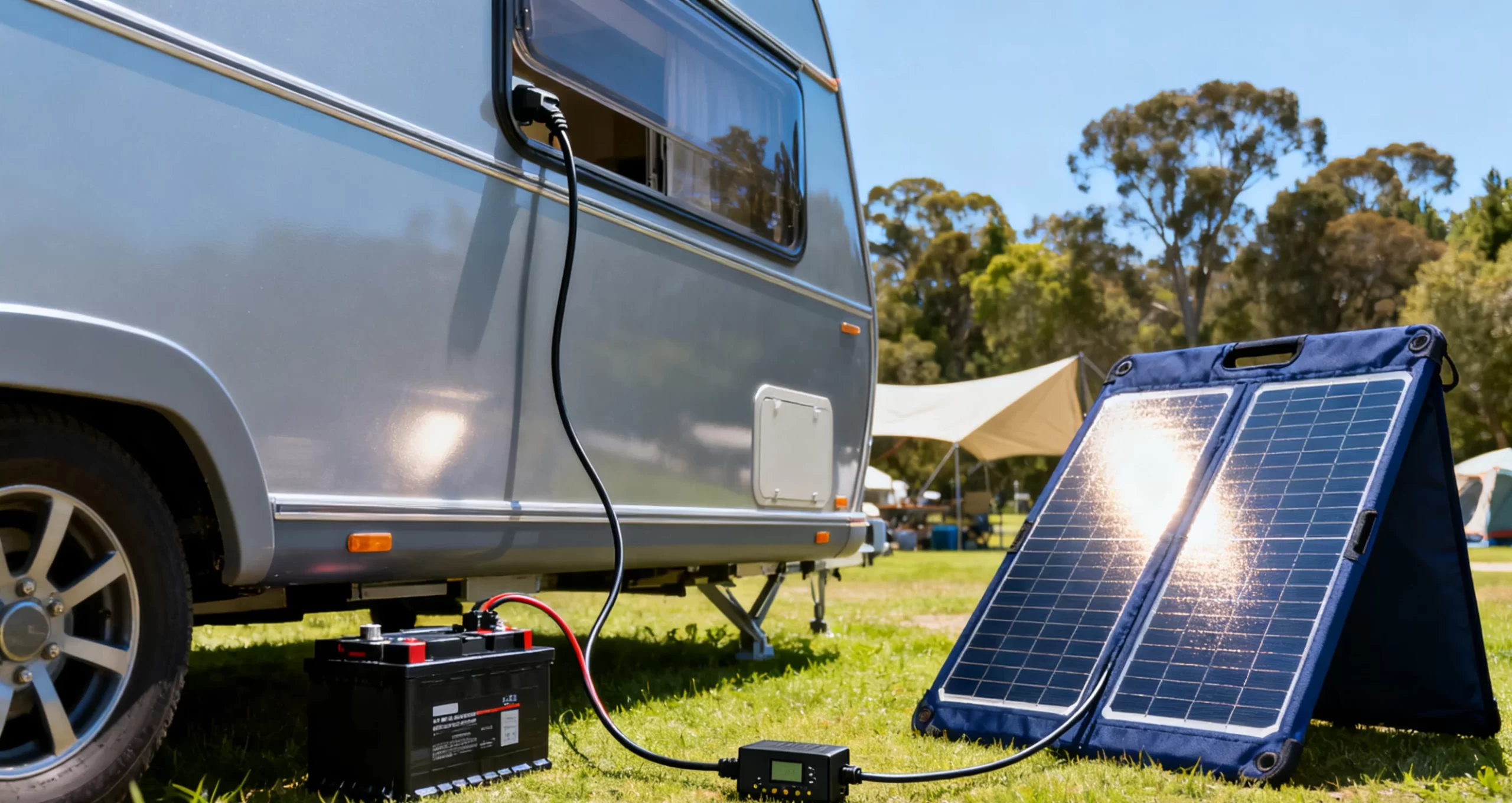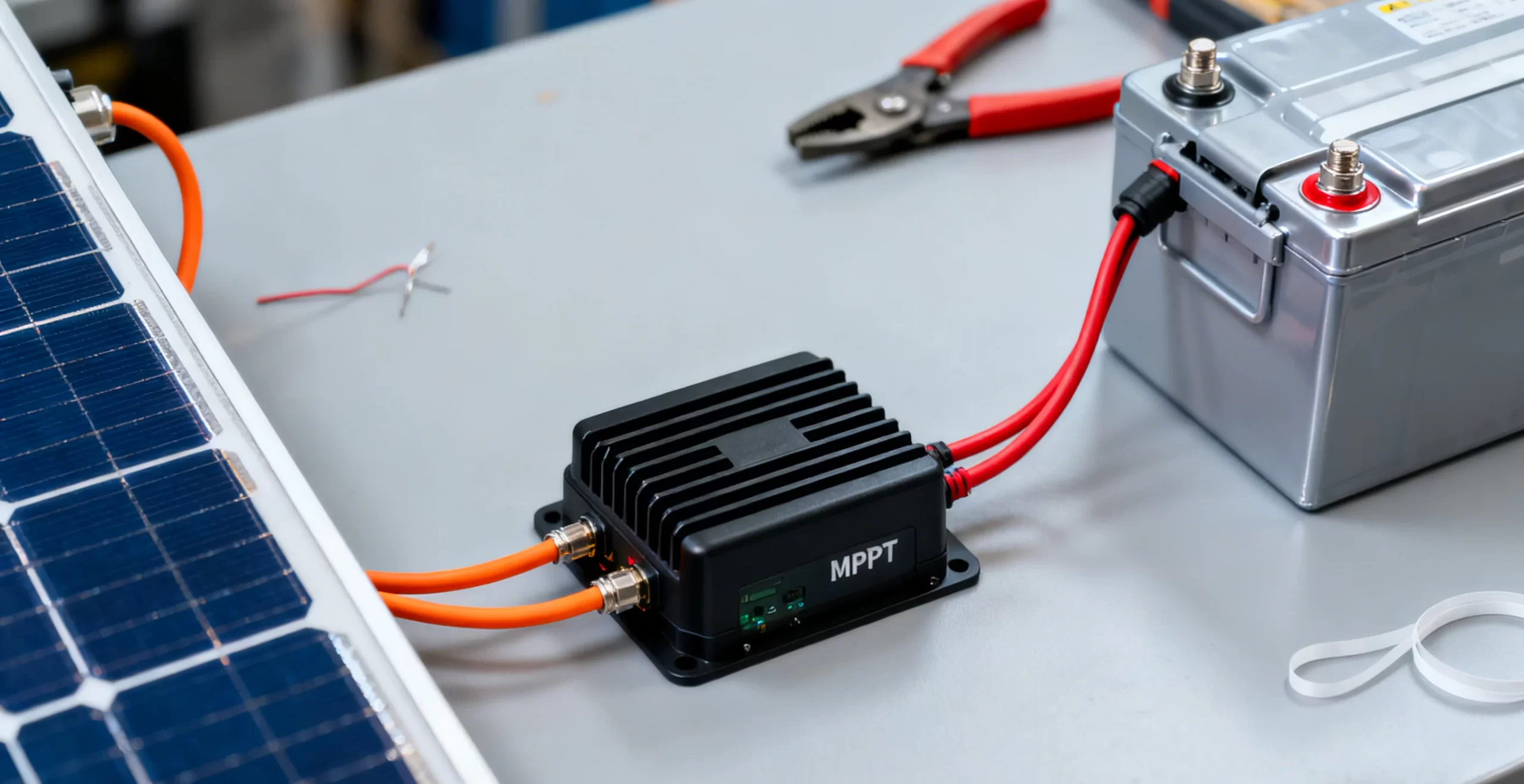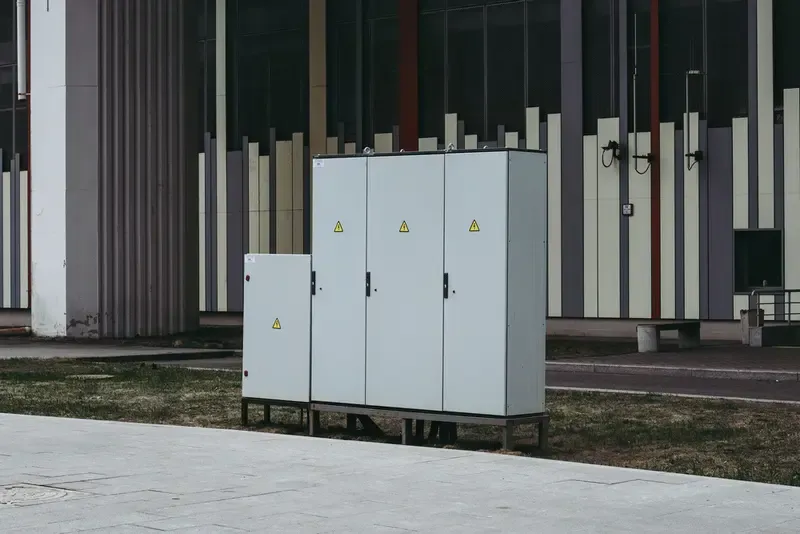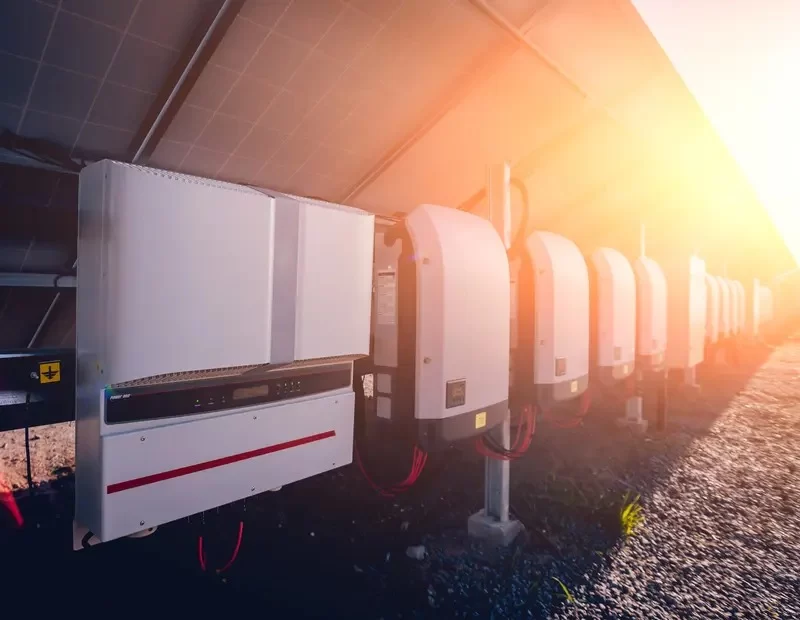- tel:+86-13651638099
- Email: [email protected]
- Official website: www.hj-net.com
- Address: 333 Fengcun Road, Fengxian District, Shanghai
Get A Quote Now!
How Photovoltaic Off-grid Energy Storage Inverters Invert Electricity
In the realm of renewable energy technologies, inverters play a crucial role in enabling the efficient utilization of solar power. Particularly, inverters integrated with batteries have revolutionized the energy landscape by enhancing flexibility and reliability. This article explores how inverters facilitate the inversion of electrical energy, addressing the significance of inverter and battery price dynamics in this context.
The inverter acts as the linchpin in converting direct current (DC) generated by solar panels into alternating current (AC) suitable for household or grid use. When paired with batteries, these inverters not only convert but also store excess energy for later consumption, thus mitigating the intermittency of solar power generation. The integration of batteries enhances energy autonomy, allowing users to harness solar energy even during non-sunlight hours.
Mini inverters are compact solutions tailored for residential settings. These systems efficiently manage small-scale solar installations, providing homeowners with a reliable and cost-effective means to maximize self-consumption.
In contrast, hybrid inverters cater to larger installations, such as commercial or industrial facilities. These advanced systems offer scalability and robust performance, seamlessly balancing grid interactions and self-sufficiency. The flexibility of hybrid inverters with battery configurations supports grid stability initiatives by facilitating peak shaving and load management strategies.
The evolving market dynamics of inverter and battery price competitiveness underscore the industry’s progression towards cost-effective renewable energy solutions. Innovations in technology continue to drive down costs while enhancing efficiency and reliability. This trend not only fosters market growth but also accelerates the global transition towards sustainable energy practices.
In recent years, technological advancements have significantly reduced inverter and battery price points, making renewable energy solutions more accessible than ever before. This reduction in costs has been driven by economies of scale, improvements in manufacturing processes, and increased competition among inverter manufacturers. As a result, the adoption of mini inverters with battery and hybrid inverters with battery has surged, particularly in regions with favorable regulatory frameworks and supportive incentives.
The integration of inverters with batteries is not merely about cost-effectiveness but also about resilience and reliability. By storing excess solar energy, batteries ensure a stable power supply during grid outages or periods of high demand. This capability is crucial for both residential consumers seeking energy independence and businesses aiming to reduce operational risks associated with power disruptions.
Looking ahead, the role of inverters and batteries in the energy ecosystem is poised to expand further. Advances in storage technologies and inverter and battery price reductions will continue to drive innovation and adoption across global markets.
Furthermore, the integration of mini inverters and hybrid inverters is reshaping energy infrastructures by offering scalable solutions that adapt to diverse energy demands. These systems not only optimize energy consumption but also contribute to grid stability by enabling efficient load management and peak shaving strategies. By leveraging inverters and batteries, industries and communities alike are poised to transition towards a more sustainable energy paradigm that prioritizes reliability, efficiency, and environmental stewardship.
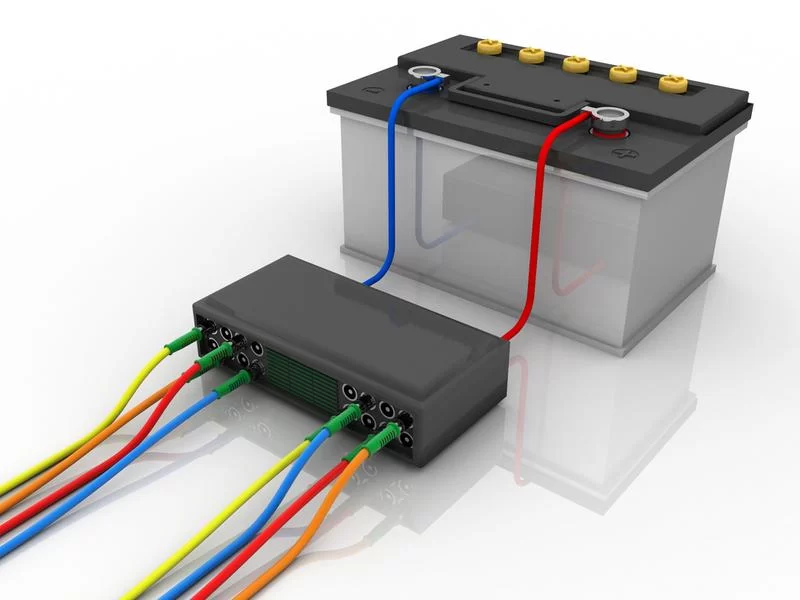
In conclusion, the synergy between inverters and batteries exemplifies a transformative approach to solar energy utilization. As inverter and battery price dynamics evolve, the integration of these technologies promises to further democratize access to clean energy, empowering communities worldwide to embrace sustainable living while ensuring energy security and reliability.

